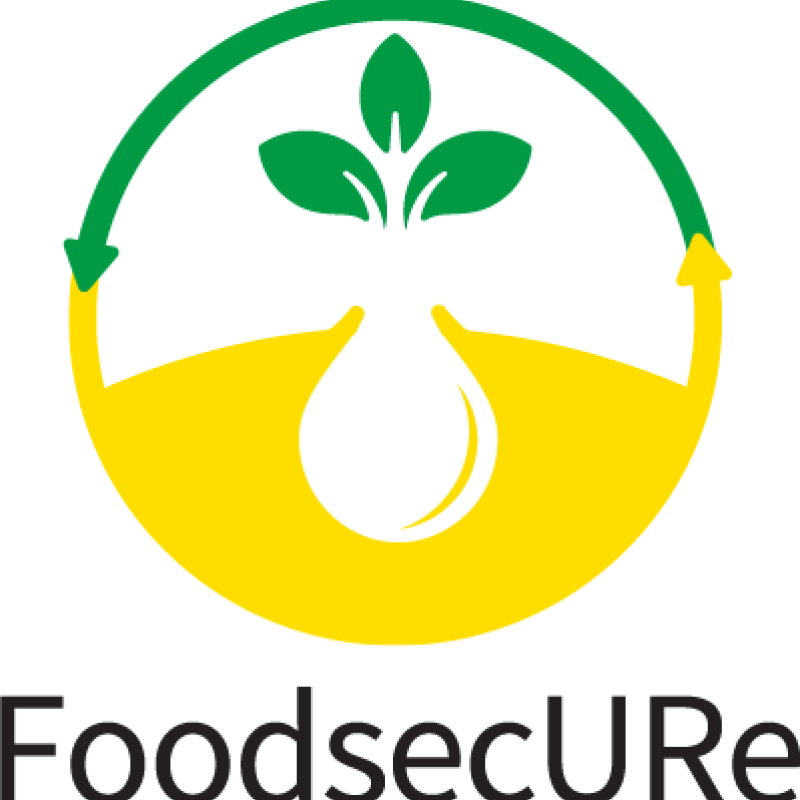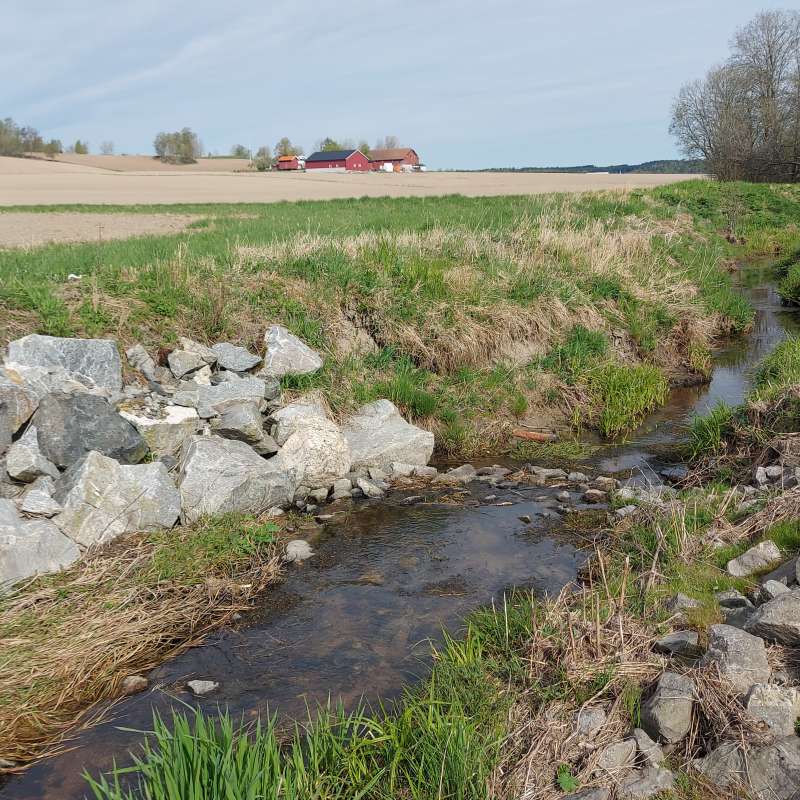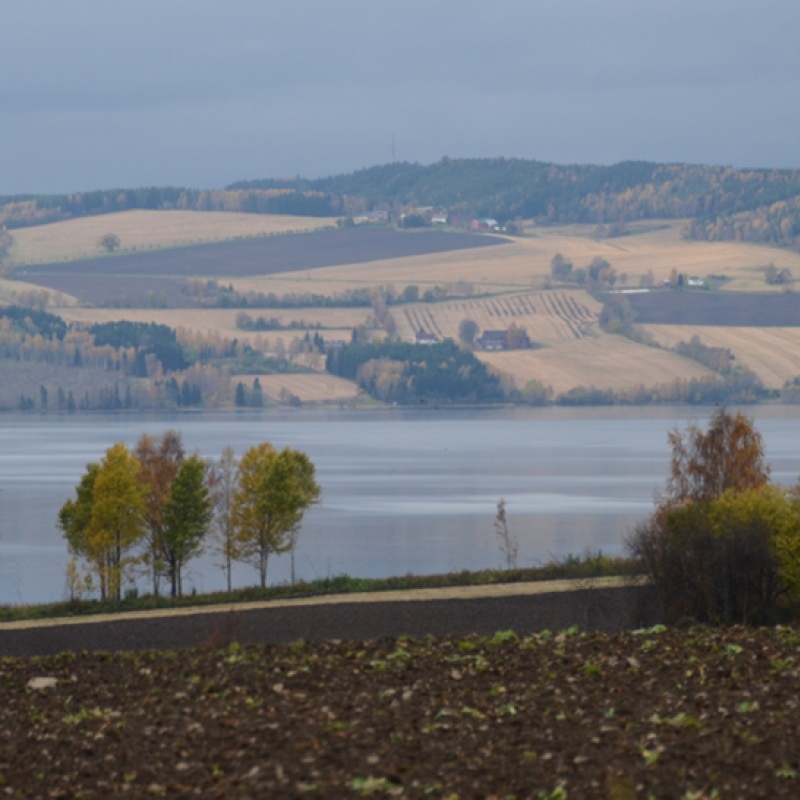Geir Wæhler Gustavsen
Research Professor
Authors
Gry Alfredsen Geir Wæhler Gustavsen Lone Ross Jonas Niklewski Philip Bester van Niekerk Christian BrischkeAbstract
To optimise the use of renewable materials in construction, it is essential to understand the factors influencing decisions throughout their design and service life. Life Cycle Costing (LCC) supports sustainable development by aiming to minimise long-term costs through informed planning of service life, maintenance, and replacement. Central to this is the engineering concept of limit states - Ultimate Limit States (ULS) for structural safety and Serviceability Limit States (SLS) for functionality. However, in non-loadbearing applications such as cladding, maintenance is often driven by aesthetic deterioration rather than structural concerns. These aesthetic limit states are subjective and influenced by user preferences, personality traits, and cultural background. In practice, undesired aesthetic changes are among the main reasons for cladding replacement in Europe, alongside fungal decay and modernisation. Premature replacement due to insufficient communication about weathering effects and maintenance needs remains under-addressed. By accounting for variation in user preferences, material selection can be tailored to support a longer service life. This study presents multi-country variation in climate-related perceptions of wood and user preferences for wooden cladding.
Abstract
We used a survey to investigate the effects of personality, motives, and socioeconomics for drinking hard cider among 3,373 Norwegian respondents in 2023. Wine interest, cultural interest, having a high score on conspicuous attitude, or being female increased the predicted consumption frequencies of hard cider. Scoring high on the taste index, being a conscientious respondent, being older, higher educated, or believing religion is important reduced the predicted frequencies. The estimated effects were compared with the corresponding effects for red, white, and sparkling wines. Cultural interest and wine interest are the main motives for hard cider and all categories of wine.
Authors
Geir Wæhler Gustavsen Philip Bester van Niekerk Jonas Niklewski Christian Brischke Gry AlfredsenAbstract
With increased focus on sustainable building materials and the growing popularity of uncoated wooden cladding, understanding consumer acceptance of aesthetic changes becomes crucial for sustainable architectural choices. This study investigated consumer acceptance of uncoated wooden cladding in Norway, Sweden, and Germany, focusing on personality traits and perceptions. Using an online survey with 3112 participants, the study found that preference for uncoated wooden cladding was similar (around 20%) across the three countries, despite diferences in the prevalence of wooden cladding. A natural consequence of weathering of wood exposed outdoors is greying of the surface. The survey presented participants with images of uncoated wooden cladding with varying degrees of grey discolouration. Participants rated the acceptability of these claddings based on their preferences. Acceptance of this discolouration difered by country, Norwegians preferred intermediatecoloured panels, Swedes preferred darker panels, and Germans accepted all panels. Personality traits measured using the Big Five personality inventory and socioeconomic factors infuenced preferences. In Norway and Sweden, those accepting the discolouration of uncoated wooden cladding included introverts, highly conscientious individuals, young people, females, and those with tertiary education. Additionally, in Norway and Germany, openness to experience was linked to acceptance, while strong emotional control was signifcant only in Norway. This study underscores the complexity of consumer preferences for uncoated wooden cladding, demonstrating that personality traits, in conjunction with cultural and demographic variables, jointly infuence perception. The fndings ofer valuable insights for architects, builders, and policymakers seeking to advance sustainable construction practices while optimising consumer satisfaction in the housing sector.

Division of Food Production and Society
FoodsecURe: Food security through better sanitation: the case of urine recycling
Human urine contains essential plant nutrients. Hence, urine can serve as a “free” and locally available fertiliser. Successful, low-cost urine-diverting toilets (UDTs) that separately collect urine have been developed in Scandinavia and Europe and manufactured at large scale in Africa. A solution for stabilising urine into a solid fertiliser has also been developed. But why can't we recycle urine at scale? In Sweden UDTs are used in some cottages, and the Swedish University of Agricultural Science (SLU) has developed a method to stabilise and dry urine into a fertiliser product, urine-based fertiliser (UBF). FoodSecure aims to implement this technology at a medium scale in Ethiopia.

Division of Environment and Natural Resources
PATH4MED: Demonstrating innovative pathways addressing water and soil pollution in the Mediterranean Agro-Hydro-System.
Path4Med is a multi-participatory and multidisciplinary project that will pave clear pathways towards zero water and soil pollution in the agro-hydro-system of the Mediterranean sea basin and other European seas through an innovative triple bottom line approach achieving economic, social, and environmental sustainability to ensure human well-being and ecosystems functioning.

Division of Food Production and Society
Agricultural mitigation measures and the value of water quality improvements
Agriculture is one of the main sources of water pollution in Norway, and an important contributor to GHG emissions.
